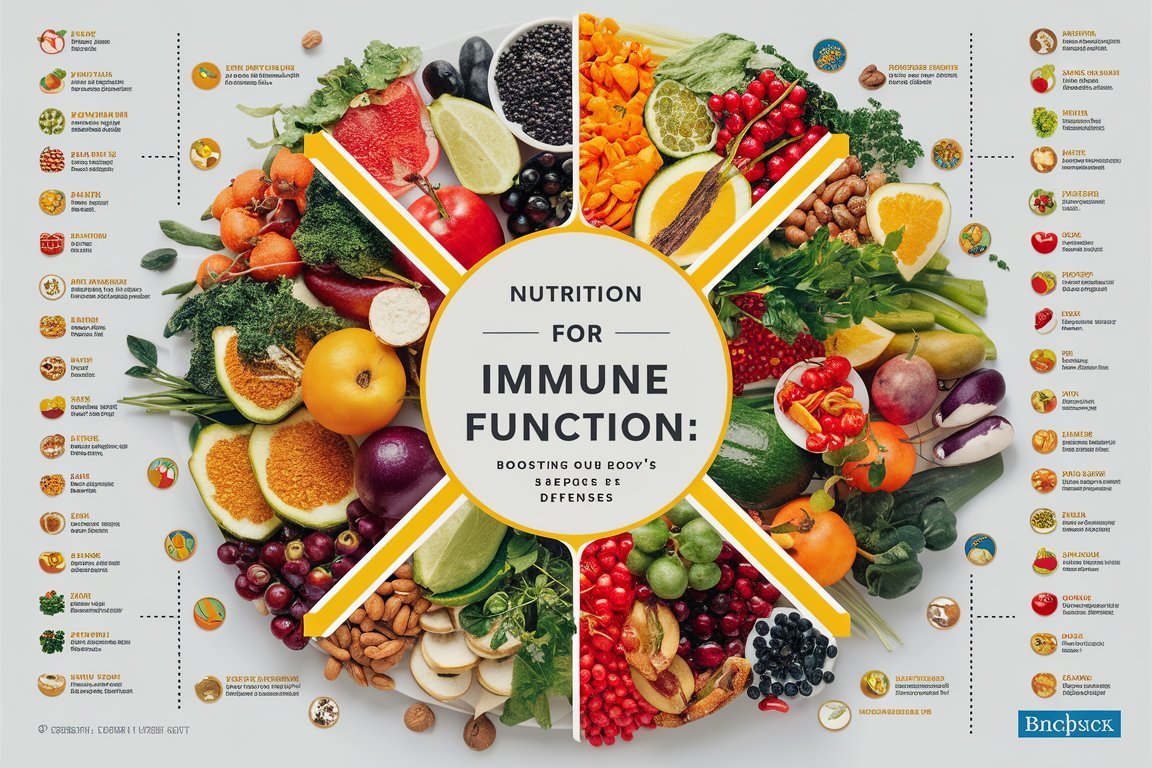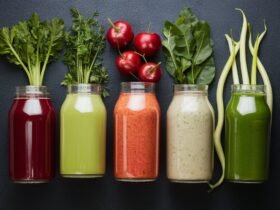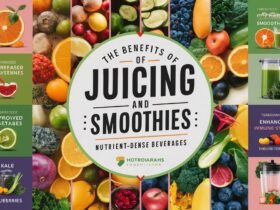Hey there, my young and curious friends of 2024! It’s your favorite gut health explorer, Nita Sharda, here to take you on an exciting journey into the world of fermented foods. Now, I know what you might be thinking – “Fermented foods? Isn’t that just fancy talk for old, rotten food?” But trust me, fermented foods are anything but rotten – in fact, they’re some of the most powerful tools we have for promoting a healthy gut and overall wellbeing.
Today, we’re going to put on our explorer hats and discover the amazing benefits of fermented foods, and how you can start incorporating them into your diet for a happier, healthier gut. But before we dive in, let me make one thing clear – this is not about putting anyone on a strict diet or making them feel bad about what they eat. It’s simply about empowering you with the knowledge and tools to make food choices that support your gut health, now and in the future.
So, are you ready to join me on this fermented food adventure? Let’s go!
What are Fermented Foods?
First things first, let’s talk about what fermented foods actually are. Fermented foods are foods that have been through a process called lacto-fermentation, where natural bacteria feed on the sugar and starch in the food, creating lactic acid. This process preserves the food and creates beneficial enzymes, B-vitamins, Omega-3 fatty acids, and various strains of probiotics.
In other words, fermented foods are like superhero foods – they’re packed with nutrients and beneficial bacteria that can help keep your gut healthy and happy.
Some common examples of fermented foods include:
- Yogurt and kefir
- Sauerkraut and kimchi
- Miso and tempeh
- Kombucha and other fermented drinks
- Sourdough bread
These foods may sound a little strange at first, but trust me – they’re delicious and so good for you! Let’s take a closer look at some of the benefits of incorporating fermented foods into your diet.
The Benefits of Fermented Foods
1. Improved Digestion
One of the biggest benefits of fermented foods is their ability to improve digestion. The beneficial bacteria in fermented foods, also known as probiotics, help break down food and absorb nutrients more efficiently. This can lead to fewer digestive issues like bloating, gas, and constipation.
Probiotics also help keep the balance of good and bad bacteria in your gut in check. When this balance is out of whack, it can lead to digestive issues and even more serious health problems down the line. By regularly consuming fermented foods, you’re giving your gut the support it needs to stay healthy and balanced.
2. Boosted Immune Function
Did you know that around 70% of your immune system is located in your gut? That’s right – your gut health and immune health are closely connected, and fermented foods can help support both.
The beneficial bacteria in fermented foods help strengthen the lining of your gut, which acts as a barrier against harmful pathogens and toxins. This can help prevent infections and illnesses from taking hold in your body.
Fermented foods are also rich in nutrients like vitamin C, iron, and zinc, which are all important for a strong and healthy immune system. By regularly consuming fermented foods, you’re giving your body the tools it needs to fight off any nasty bugs that come your way.
3. Better Mental Health
Believe it or not, the health of your gut can also have a big impact on your mental health and wellbeing. There’s a strong connection between the gut and the brain, known as the gut-brain axis, and the beneficial bacteria in fermented foods can help support this connection.
Studies have shown that regular consumption of fermented foods can help reduce symptoms of anxiety and depression, and improve overall mood and cognitive function. This may be due to the fact that the beneficial bacteria in fermented foods help produce neurotransmitters like serotonin and dopamine, which are important for regulating mood and emotions.
So, if you’re feeling a little down or stressed out, try incorporating some fermented foods into your diet – your gut (and your brain) will thank you!
4. Improved Nutrient Absorption
As I mentioned earlier, fermented foods are packed with beneficial enzymes and nutrients that can help support overall health and wellbeing. But did you know that the process of fermentation can actually make these nutrients more bioavailable, or easier for your body to absorb?
For example, the process of fermentation breaks down phytates, which are compounds found in many plant-based foods that can interfere with the absorption of important minerals like iron and zinc. By fermenting these foods, you’re making these nutrients more readily available for your body to use.
Fermented foods are also rich in B-vitamins, which are important for energy production, brain function, and overall health. By regularly consuming fermented foods, you’re giving your body a natural boost of these important nutrients.
How to Incorporate Fermented Foods into Your Diet
Now that we know all about the amazing benefits of fermented foods, let’s talk about how you can start incorporating them into your diet. Here are a few tips to get you started:
1. Start Small
If you’re new to fermented foods, it’s important to start small and gradually work your way up. Some people may experience digestive discomfort or bloating when they first start consuming fermented foods, so it’s best to start with small amounts and see how your body reacts.
Try adding a spoonful of sauerkraut to your sandwich, or sipping on a small glass of kombucha with your lunch. As your body gets used to these foods, you can gradually increase your intake.
2. Choose a Variety of Fermented Foods
To get the most benefit from fermented foods, it’s important to choose a variety of different types. Each type of fermented food contains its own unique blend of beneficial bacteria and nutrients, so by mixing things up, you’re giving your gut a diverse array of goodness to work with.
Some great options to try include:
- Plain, unsweetened yogurt or kefir
- Sauerkraut or kimchi (look for unpasteurized varieties in the refrigerated section)
- Miso soup or tempeh stir-fry
- Kombucha or other fermented drinks (look for low-sugar varieties)
- Sourdough bread (try making your own at home!)
3. Make Your Own Fermented Foods
One of the best ways to ensure you’re getting the most benefit from fermented foods is to make your own at home. This way, you can control the quality of the ingredients and the fermentation process, and avoid any added sugars or preservatives that may be found in store-bought varieties.
Making your own fermented foods may sound intimidating, but it’s actually quite simple! Here’s a basic recipe for homemade sauerkraut:
Ingredients:
- 1 head of cabbage, shredded
- 1 tablespoon sea salt
- 1 tablespoon caraway seeds (optional)
Instructions:
- In a large bowl, mix together the shredded cabbage, salt, and caraway seeds (if using) until the cabbage is well-coated and begins to release its liquid.
- Transfer the mixture to a clean, large jar or crock, packing it down tightly with your fist or a wooden spoon.
- Cover the jar or crock with a clean cloth or towel, and secure with a rubber band.
- Let the sauerkraut ferment at room temperature for 7-10 days, or until it reaches your desired level of tanginess.
- Transfer the sauerkraut to the refrigerator, where it will keep for several months.
See? Easy peasy! And the best part is, you can experiment with different vegetables and spices to create your own unique fermented creations.
The Bottom Line
Wow, we covered a lot of ground today! But I hope this gives you a better understanding of the amazing benefits of fermented foods, and how incorporating them into your diet can support a healthy gut and overall wellbeing.
Remember, the key is to start small, choose a variety of fermented foods, and don’t be afraid to experiment with making your own at home. And most importantly, have fun with it! Eating should be a joyful and nourishing experience, not a source of stress or restriction.
So go ahead and give fermented foods a try – your gut (and your taste buds) will thank you. And if you ever have any questions or need some extra support on your gut health journey, don’t hesitate to reach out to a trusted adult or healthcare professional. We’re all in this together, and every step towards better health is worth celebrating!
Thanks for joining me on this fermented food adventure, my young and amazing friends. Until next time, keep exploring, keep learning, and keep nourishing your body (and your gut













Leave a Reply